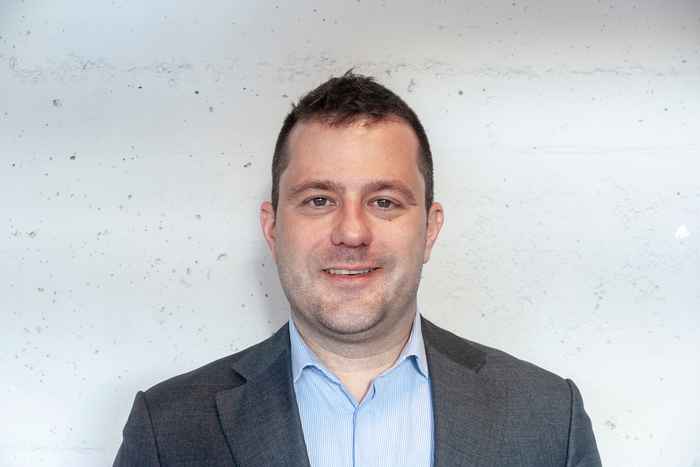The Role of the NATO Legal Advisor
Interview with Steven Hill
10 November 2020

To what extent do you identify with your work and the organisations you are employed by?
My approach over the course of my career has been to seek out jobs where I identify with the core values of the organization. In NATO’s case, these are set forth in the preamble to the 1949 North Atlantic Treaty: democracy, individual liberty, and the rule of law. Of course, I don’t mean that you need to identify with every single thing the organization does, but you do need to internalize the mission in some way. This is an ongoing process of continuing reflection as you work. I would argue that this helps make you a better lawyer. You’re a better advocate both to public and to your peers. You also have greater moral authority to say something when you see things that depart from those values. So I would say that this form of identification has been very important in my career. This doesn’t mean that you aren’t able to identify with future roles and their requirements. You have to. Of course, our identity is much broader than a job. One thing I’ve always enjoyed about work in international organizations is that the environment enables you both to draw on the strengths of unique aspects of your own identity and to draw strength from those of your colleagues.
From your description of your job as Legal Adviser and Director of the Office of Legal Affairs at NATO Headquarters, it seems like it is a role requiring both versatility and a very specific skill set. What does it take to do this job?
You’re right that NATO covers some very specialized – one could even say esoteric – topics that require specialized knowledge. Luckily there are many talented legal advisers in the NATO system, many of whom have spent their entire careers working on specialized issues. I would say that the most important thing for the lawyer who is called upon to lead a team in NATO – and any IO for that matter – is a solid generalist knowledge of public international law, including not just the principles of IO law but also an appreciation what the current “age of accountability” means for IOs. Due to NATO’s core mission of deterrence and defense, the law related to the use of force and international humanitarian law as well as human rights law were important. One thing that students of public international law might not appreciate is that an IO lawyer’s job has a lot to do with issues that come up for in-house lawyers everywhere: labor law, contracts, even real property. (So pay attention to those classes as well!) Of course, no one can master all of these fields, so a large dose of humility is required! One part of the job I found rewarding – and one of the things I learned the most about – was working with teams of colleagues to generate integrated legal advice that incorporates many different fields of expertise and perspectives. Another thing I learned was how to be a more effective communicator of legal advice. Working with such a diverse group of clients in an IO setting, you figure out that you need to communicate your message in lots of different ways. You also need to listen to what the client is saying and calibrate your own arguments, often on the fly and in a high-pressure situation. I hope to be able to use these skills more in the future, not just in the law, but in life in general.
On the one hand, your role at NATO required secrecy, in the sense that there were certain issues, which were of interest to the public but you could not talk about publicly. On the other hand you represented the organisation externally. How did you deal with this potential tension of demands?
My approach – and that of my clients – was always that as a public institution we have an obligation to be as transparent as possible in order to maintain the trust of our stakeholders – governments and the general public – in the alliance. But of course there is a tension with material that can’t be shared. One of the challenges at NATO is that we didn’t always control the classification of documents or information in Brussels; rather, these decisions would be made by individual governments. Just to give one example, this was sometimes a challenge in the legal area when NATO was asked to submit information to inquiries such as various domestic investigations into potential violations of the law of armed conflict. In these cases, my legal colleagues and I would spend a great deal of time trying to get authorization to release documents. Sometimes we were successful and sometimes we weren’t. You have to be comfortable with that – it’s part of the job.
When you visited ACIL in the Spring, you talked about the internal labour tribunal at NATO and to which staff can take employment-related conflicts. You mentioned innovating the internal labour framework to accommodate staff needs. Can you elaborate on this?
NATO Administrative Tribunal, a fully independent body that provides all of the standard judicial guarantees. That’s the reform I was talking about in Amsterdam. However, the process of improving the internal labor framework is ongoing. A big part of the legal team’s work was making sure that NATO’s internal rules (for example, on harassment) were consistent with international law, reflective of the standards required by the rule of law, and in line with the best practice at other IOs and in national systems. This required a continuous process of reviewing and, where necessary, revising policies.
What advice would you give students of international law seeking to enter the job market soon?
a talk for the American Society of International Law that might be of interest.